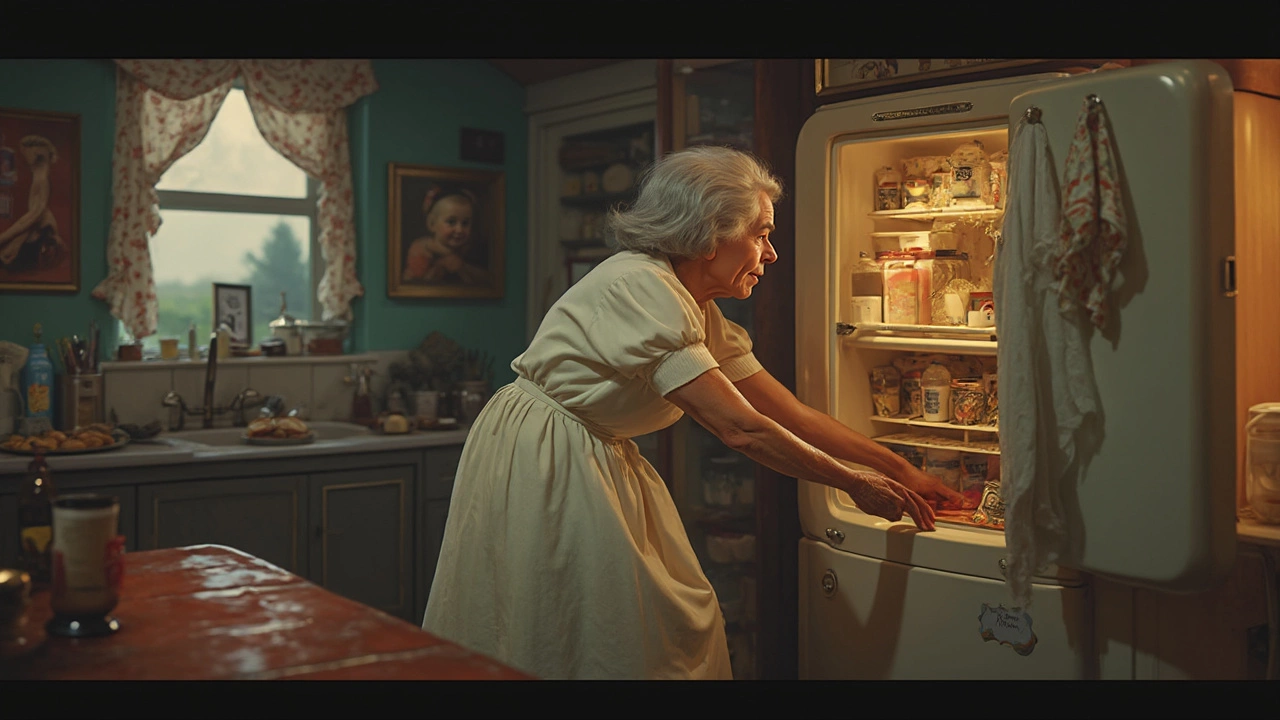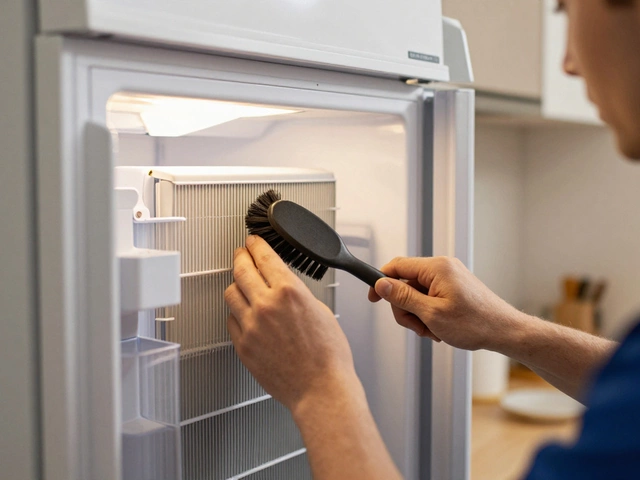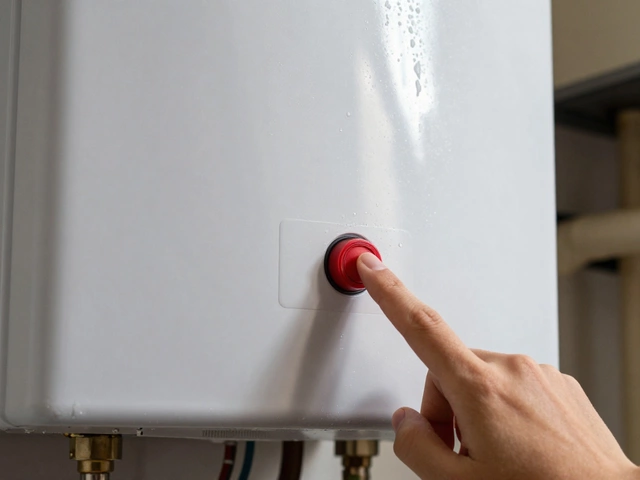Broken Freezer: Causes, Repairs and Longevity
When your broken freezer, a refrigerator unit that no longer keeps food frozen starts acting up, it’s more than an inconvenience – it threatens food safety and adds extra energy bills. Also known as a malfunctioning freezer, a broken freezer usually points to problems in the cooling system, thermostat, or ice‑maker mechanism. Broken freezer issues encompass three main sub‑topics: the need for freezer repair, the condition of the ice‑maker component that forms ice cubes, and the overall freezer lifespan, the typical 10‑15 year service life of a domestic freezer. Understanding how these pieces fit together helps you decide whether a quick fix will do or if a full replacement makes more sense.
Common Issues and Quick Fixes
Most broken freezer complaints boil down to three technical failures. First, the compressor may overheat or lose refrigerant, stopping the heat‑exchange cycle. You’ll notice frost build‑up on the walls, a warm interior, or the unit humming without cooling. Second, the defrost timer or heater can get stuck, causing ice to coat the evaporator coil and block airflow. A simple manual defrost – unplug, empty, let ice melt – can restore performance if the timer is the culprit. Third, the ice maker can fail due to a clogged water line, a faulty motor, or a broken mold thermostat, leading to no ice or overflow. Checking the water inlet valve for kinks, inspecting the motor for buzzing, and resetting the ice‑maker switch are low‑cost steps before you call a professional. If any of these fixes don’t work, a qualified appliance repair, service that restores proper cooling, seals, and electronics technician can run pressure tests, replace seals, or install a new thermostat. Remember, a broken freezer demands prompt attention – the longer the heat stays inside, the higher the risk of spoilage and the greater the energy waste.
Deciding whether to repair or replace hinges on repair cost versus the remaining freezer lifespan. If the unit is under eight years old and the fault is a single component, repair usually pays off. For models approaching the 12‑year mark, especially if multiple parts are failing, replacement may offer better energy efficiency and warranty protection. Keep an eye on the unit’s sealed‑system health; a small leak can balloon repair bills quickly. When you call a service, ask for a detailed estimate that breaks down parts, labor, and any warranty on the work. With that information you can compare the price to a new freezer’s energy‑star rating and upfront cost. Below you’ll find a curated collection of articles that walk through diagnosing freezer faults, evaluating repair costs, maintaining ice makers, and extending the life of your appliance. These guides give you the practical knowledge to make a confident choice, whether you’re fixing a faulty component yourself or handing the job to a trusted pro.
Wondering if your freezer is on its last legs? This article cuts through the guesswork and highlights clear signs that something's wrong. Learn about unexpected noises, temperature trouble, and when a full ice cream meltdown means you should act fast. Check out practical tips for troubleshooting before calling in the pros. Get a handle on freezer problems before your groceries pay the price.


